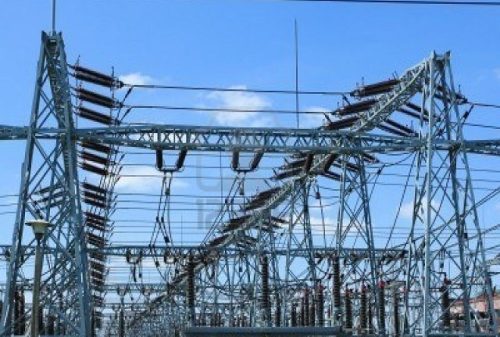The Chief Executive Officer of the Nigerian Economic Summit Group (NESG), Tayo Aduloju, has expressed concern over the slow pace of digital adoption by electricity distribution companies (DisCos) and government agencies, despite more than two decades of digitisation efforts in Nigeria.
Aduloju made the remark in Lagos on Tuesday during a biennial lecture hosted by the Chartered Institute of Directors (CIOD) in honour of its President and Chairman of the Governing Council, Tijjani Borodo.
Speaking on the theme, “Building Digital Resilience: Governance, Risk and Compliance”, Aduloju highlighted that while the private sector—especially industries like banking, consumer goods, and media—has made moderate to strong progress in building digital resilience, the same cannot be said for public sector institutions and the power utilities.
According to him, these critical sectors are still dragging their feet despite being the most vulnerable to digital threats. He noted that even with 25 years of digital presence in Nigeria, the country still struggles with basic installations like smart meters, especially in the power sector.
“When you look at the urgency to become digitally resilient, what you find is that those of us operating in companies more exposed to digital stress tend to adapt faster. Companies in the banking sector and consumer-facing industries are doing better. But the government and power utilities? They are not moving fast enough,” he said.
Aduloju also pointed out that the Nigerian government remains the slowest actor in terms of digital readiness, despite the fact that it is frequently targeted by cybercriminals. He revealed that around 58 per cent of government operations globally are under constant cyberattack, and that Nigeria is not an exception.
“This is dangerous because the government holds the most sensitive national data. They need to digitise fully, not just for convenience, but for national security and service delivery,” he warned.
The NESG boss also urged chief executive officers, directors, and board members to prioritise cybersecurity and strategic readiness in their organisations. He said the increasing dependence on digital platforms across sectors comes with heightened threats, including those driven by artificial intelligence.
He said, “Organisations in Nigeria are showing low levels of readiness and capability to respond when major digital threats happen. This should worry us, especially now that cyber threats are evolving faster than our defences.”
Aduloju also called for intergenerational collaboration on corporate boards. He advised companies to integrate younger digital natives with experienced professionals to stay ahead of cybersecurity and digital governance challenges. “Veterans must be retrained, and young minds must be brought on board,” he said.
Also speaking at the event, Anthony Idigbe, who chaired the lecture, said digital resilience is not just a technical issue but a governance responsibility. He emphasised that with artificial intelligence transforming the way organisations serve society, build trust, and relate with shareholders, board accountability must evolve to keep pace with digital changes.
“Digital resilience helps organisations serve the public and customers more efficiently—sometimes even without needing middlemen,” Idigbe said. “Boards that embrace digital governance are ultimately building credibility and accountability.”
During the event, Tijjani Borodo, President of the CIOD, unveiled the institute’s new logo. He also presented awards to individuals and organisations for their contributions to governance and leadership.
Borodo, whose tenure as president will end in a few weeks, reflected on his time in office and noted that the institute had made progress in its mission to promote sound corporate governance in Nigeria.
He urged the incoming leadership to continue the push for excellence. “We have raised the bar, and I encourage the next executive team to take CIOD to even greater heights,” he said.
The event drew participants from various sectors, including finance, energy, technology, and public administration, with many calling for urgent action to strengthen digital infrastructure, boost cyber awareness, and ensure compliance with data protection laws across all sectors in Nigeria.
